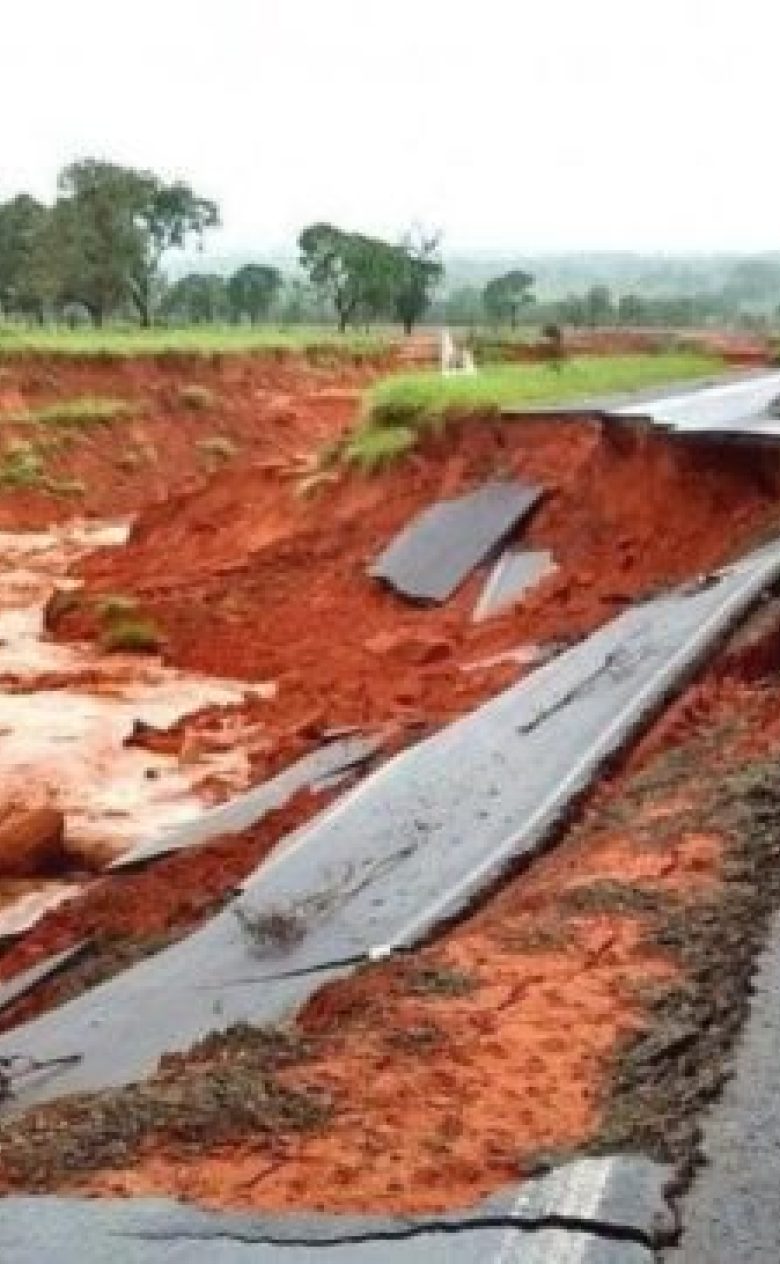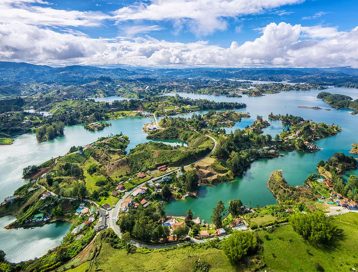LAC: Resilient infrastructure and urban water systems
In Latin America we work together with municipalities, water councils, water boards ministries of housing and environment to reduce the flood risks of cities. Due to climate change and urbanisation the coastal, river and pluvial risks are increasing. Together with the local and regional authorities and stakeholders we analyse the water system.

Based on a good understanding of the functioning of the water system and the causes of risk, we develop plans with all stakeholders to keep the risks manageable now and in the future.
In reducing the risk of flooding, we pay particular attention to protecting critical infrastructure so that it continues to function for as long as possible during a flood or recovers as quickly as possible after a flood. We pay particular attention to "cascading" effects, loss of vital functions as a result of, for example, lost power supplies or flooded roads.
For example, in Piura and Tumbes we support the local water council (Consejo de recursus hidricos) in the elaboration of drainage and flood plans. For the city of Asunción we developed a Decision support system to select mitigation measures. For the cities Curidabat and Mexico City we carried out hydrodynamic modeling studies. At Deltares we can help you with the next step to reduce the flood risks in your city.
Other examples of our work
Improving flood resilience in the delta city of Guayaquil (Ecuador)
An integrated climate adaptation strategy was developed to reduce flood risks in the Febres Cordero neighborhood in Guayaquil. Contact person: Reinaldo Penailillo Burgos.
Building resiliency to climate events in the road network of Paraguay (Paraguay)
Guidelines were compiled for adaptive road infrastructure that takes extreme weather conditions into account using the ROADAPT approach (Roads for Today, Adapted for Tomorrow). Contact person: Ahmed Elkadi.
Resilient Transport Infrastructure: Support for the Development of Transport Infrastructure Adaptable to Climate Change (Dominican Republic)
In this study Deltares conducted a risk assessment for multiple natural hazards of geophysical and hydrometeorological origin and scenarios of climate change, as the basis for the prioritization and evaluation of alternative adaptation interventions. Contact persons: Mike Woning.
A Water Sensitive Strategy for the Sweet City of Curridabat (Costa Rica)
Deltares supported Curridabat in developing a master plan for future water management in order to strengthen natural resources while improving the quality of life of citizens. A hydrological wflow model and hydrodynamic D-FlowFM model were constructed to locate areas in Curridabat with high probability of flooding and to identify locations with flow obstructions (bottlenecks). Contact person: Hans Gehrels
A Water Resilience Plan for the UNESCO Heritage Zone of Xochimilco, Mexico City (Mexico)
In this project a Water Resilience Plan was developed, as part of Mexico City’s Resilience Strategy, with a vision and strategic actions to protect and restore the Heritage Zone’s hydrological system, by addressing climate change, geological (subsidence and seismic) risks, and socio-economic and environmental challenges. Contact person: Hans Gehrels.


